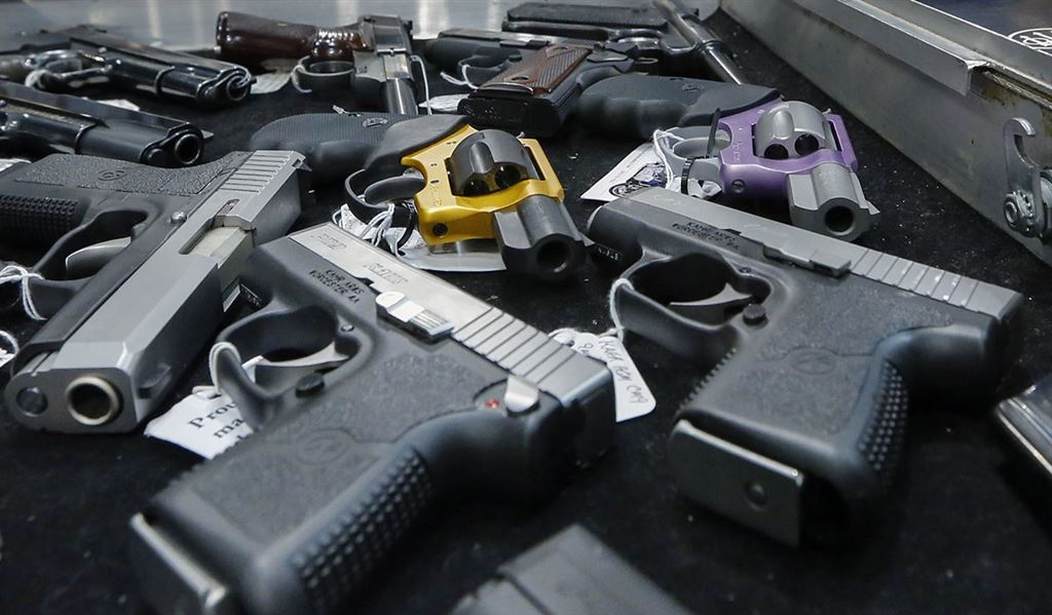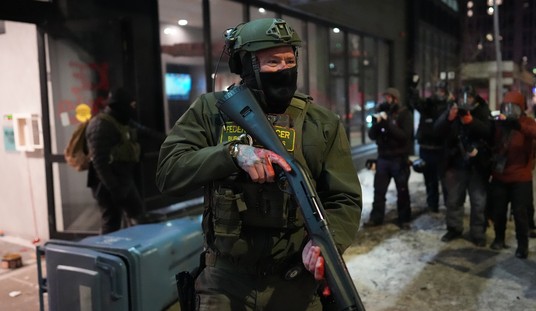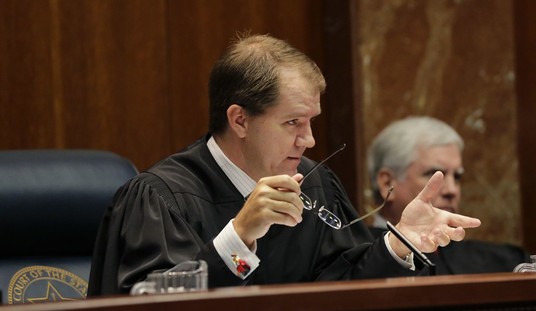The obscenely long wait to obtain a concealed carry license that many gun owners have faced over the past two years appears to be easing in many parts of the country. The start of the COVID pandemic caused many issuing agencies to close their doors or limit taking applications via appointment, which in turn caused a huge backlog of applications and wait times of a year or more for folks from Philadelphia to southern California.
Those wait times led to lawsuits and calls for reform from pro-2A lawmakers and Second Amendment advocates, but the problems have persisted in many jurisdictions, in part because of continued high demand for the licenses themselves but also because of staffing shortfalls and even the temporary shutdowns of some offices after positive COVID cases.
Earlier this week we reported on a sheriff’s department in western Pennsylvania that’s dropping its appointment mandate and allowing applicants to resume walking in and dropping off their applications, which should dramatically speed up the process, and now there’s word from one California county that they’ve been able to deal with its own backlog and is now approving (or in a few cases, denying) applications in a timely manner.
The Fresno Co. Sheriff’s Office announced Wednesday that wait times for carrying a concealed weapon, or CCW, permits were returning to normal.
The department had been faced with a six-month-long backlog, with permit requests taking several months.
The Sheriff said Wednesday that people who submit a renewal now can expect to get their new permits within about a month. Those applying for a new permit should be able to sign up for an interview as soon as the following week.
Additionally, the Illinois State Police, which has been plagued by delays in processing both Firearm Owner ID cards (which are required to legally possess a firearm in your home) and concealed carry licenses, has been able to reduce the wait times to the point that the agency data indicates it’s finally in compliance with state law mandating approval of FOID and carry licenses within the required time limits.
The state has 30 days to approve FOID cards, and as of January the average wait time was 27 days, down from a high of 206 days in May of last year.
Concealed carry applications submitted with fingerprints are supposed to be processed within 90 days, but last summer the Illinois State Police were taking, on average, 180 days to do so. Last month, the ISP reported the average wait time is now 78 days. Carry applications without fingerprints can be processed within 120 days without violating state law, but at the height of the delays applicants were twiddling their thumbs for an average of 181 days. As of January, the average wait time is now 115 days.
Now, these are the average wait times, and I’m sure that there are still plenty of gun owners (and would-be gun owners) who are still waiting for their carry license or FOID card far beyond what the law supposedly allows. Frankly, I think the FOID system needs to be removed from state statute entirely, but while the law is still in place, it’s good to see the state police are finally in compliance with it in most circumstances.
But gun owners cannot forget the lessons of the last two years; how anti-gun governors used their emergency powers to shut down gun stores and gun ranges by declaring then “non-essential” and states with gun licensing and permitting laws kept citizens from exercising their Second Amendment rights for months at a time because of bureaucratic delays, even as violent crimes were rising across the country.
Our rights don’t disappear just because a politician declares an emergency. In fact, in a true emergency our right of self-defense becomes more important than ever, which is why one of the post-COVID priorities for the Second Amendment community should be to ensure that no one is kept at arms length from exercising their right to keep and bear arms because of a governor’s edict or licensing mandates. Those efforts started nearly two years ago, but even though the delays are now easing, we can’t let up in our fight to remove these unconstitutional roadblocks to our Second Amendment rights.









Join the conversation as a VIP Member